When technology outstrips biology
Misinformation in the information age can be hazardous.
Our technological age has fed us several myths that, if not recognized and dealt with, will negatively impact our health, both individually and as a nation. We ignore these at our collective peril. Several are below. You may have a few more of your own.
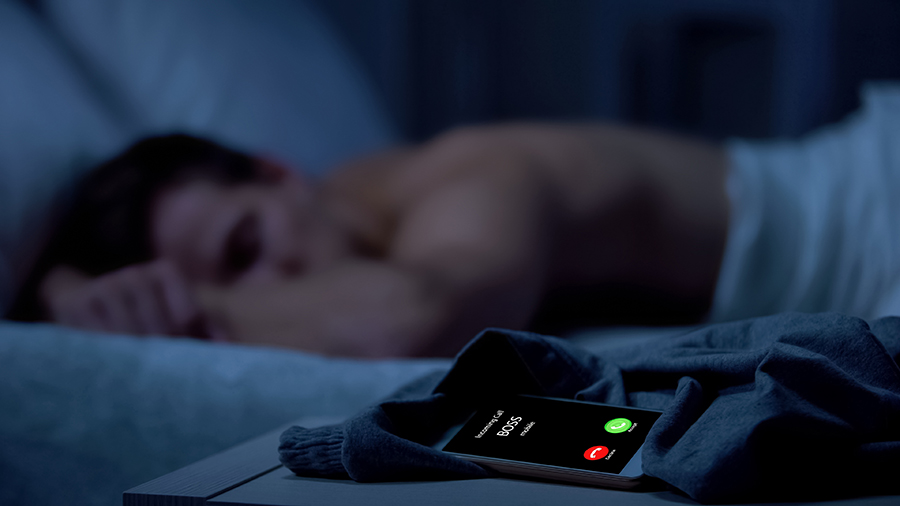
WE SHOULD BE ACCESSIBLE 24/7
No one needs to be available 24/7, not even doctors. Turn off your cellphone and shut off the email for a weekend. The Earth will continue its orbit around the sun, the world will stay a mess, and your family and friends will survive without you for a couple of days. Everyone needs to go “off the grid” now and then.

TECHNOLOGY ALLOWS YOU TO CONTROL YOUR DAY
Our bodies have a natural, internal clock. Ideally, we are awake during the day and sleep at night. Many jobs involve working shifts that alter the day/night cycle. While we can adapt to an altered sleep schedule, this takes time and should not be constantly changing, for example, people whose shift hours change weekly or even monthly. To do otherwise leads to fatigue, excessive daytime sleepiness, accidents, and, eventually, health problems and illness
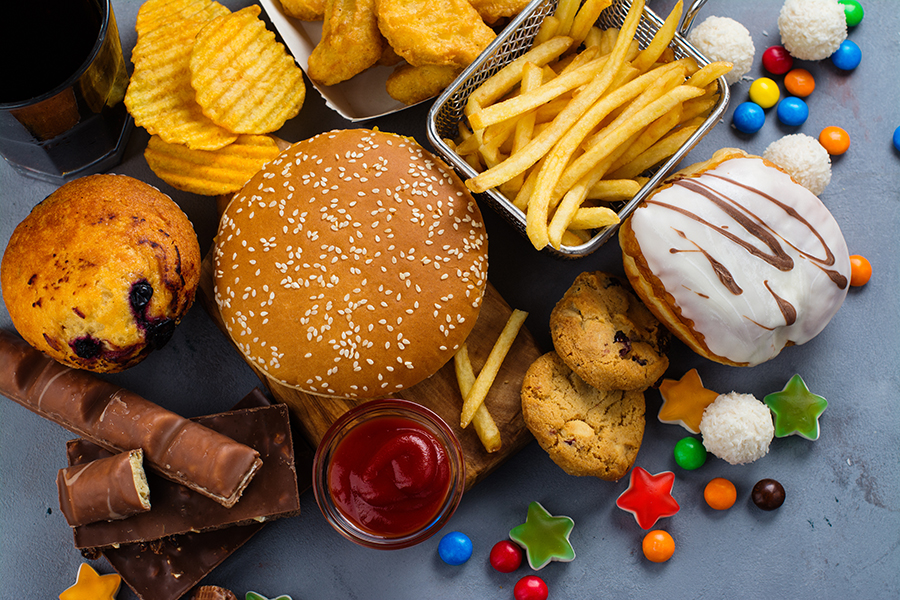
TECHNOLOGY HAS IMPROVED FOOD PRODUCTION AND DELIVERY
Most of our food is provided by high-tech factory farms, pre-prepared from processed ingredients, and tend to be high in sugar, salt, and/or unhealthy fats. We add flavorings, preservatives, stabilizers, and other chemicals that were not intended for human consumption. It isn’t a coincidence that we have epidemic obesity and chronic illnesses that show no sign of abating. There is a growing movement back to fresh, locally sourced foods. I always fall back on author Michael Pollan’s simple advice: eat food, mostly plants, not too much.

TECHNOLOGY HAS IMPROVED COMMUNICATION
This is true only if you believe that real communication consists of tweets, texts, tags, emails, and posts on Instagram or Snapchat. With digital communication, we lose inflection, voice tone, emphasis, emotion (and, no, emoticons don’t count!), facial expression, and body language. Often, these convey more information than what we are actually saying.
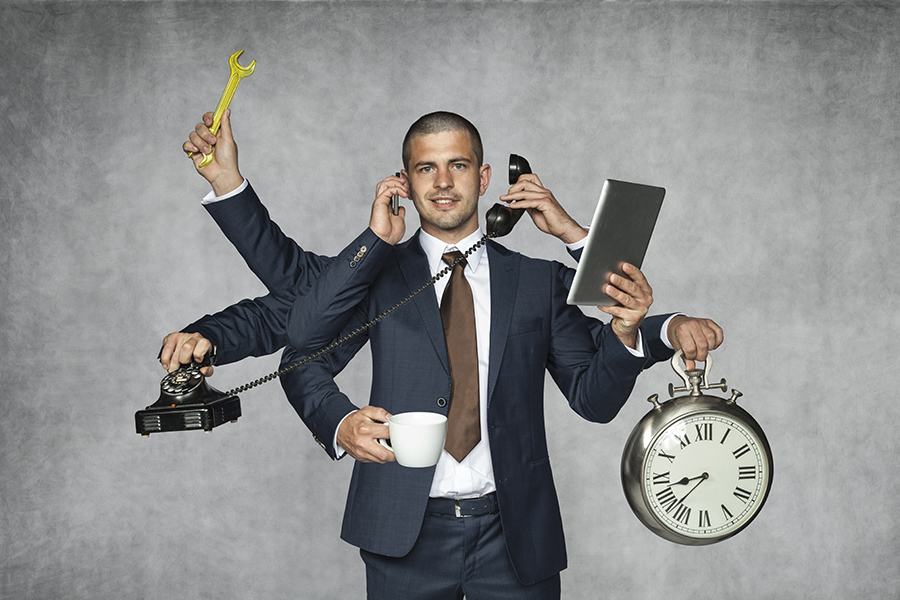
HUMANS ARE NATURAL MULTITASKERS
Research has shown that our brains are really not capable of two or more tasks at the same time because many tasks require using the same area of the brain. Think of two people trying to type different reports on the same keyboard simultaneously. Exactly. What we are good at is jumping back and forth rapidly from task to task. Many people take on too many tasks at one time. The trick is to balance one’s abilities to the number of tasks. To do otherwise is a sure path to frustration, stress, and poor-quality work. Rather than focusing on multitasking, we should learn to prioritize tasks, organize our work/home space for maximum efficiency, and learn when to say no to another task.
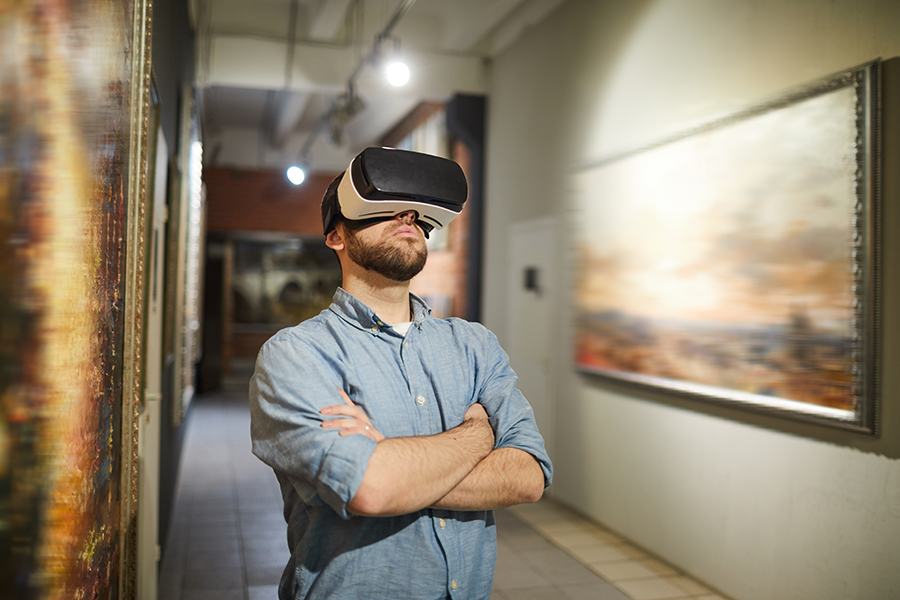
VIRTUAL REALITY WILL EVENTUALLY MAKE REAL-LIFE EXPERIENCES IRRELEVANT
Multiple generations of writers, philosophers, and naturalists have attested to the healing power of nature. Throughout history, people have found healing in the wilds of our planet. Why should we care about the loss of coral reefs in Australia or the rainforest in the Amazon? Why worry about threatened creatures, such as Florida panthers, black bears, and manatees? First, when these are gone, they are gone forever and with them whatever benefits we might ever have derived from their existence. Second, if we have learned anything about our planet it is how interconnected everything is. We need the real world. We need to get away from human environments periodically and experience nature, real nature, on its own terms. Go outside and take a walk, watch a sunset, turn over some dirt and plant something. These feed our soul.
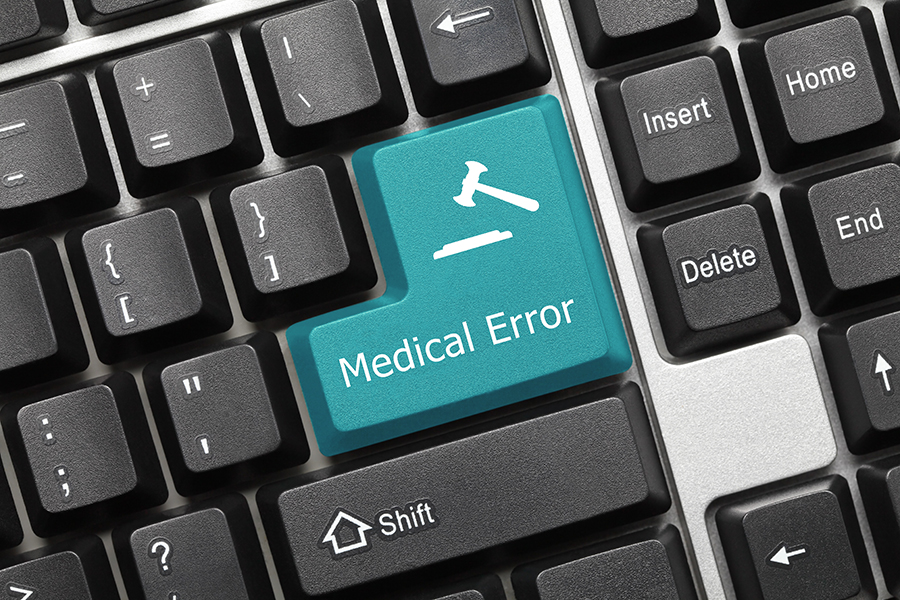
YOU CANNOT HAVE TOO MUCH INFORMATION
This is perhaps one of the biggest lies of all. We have access to more information than ever, but much of its accuracy is suspect. Take medicine, for example. The old paradigm was for new medical information to be reported in medical journals where it could be evaluated, critiqued, and vetted by physicians before being released. The new paradigm is for new treatments, products, and procedures to be promoted in the media before they are properly studied, and their efficacy and safety verified. The internet promotes more quackery in one year than all the snake oil salesmen who ever lived. I take everything I read on the internet with a healthy dose of skepticism, unless I am sure of the source.
No, I am not a Luddite. I have a cellphone, computer, wireless, etc., etc. Technology makes some aspects of my life better but there are many ways it has made things more complicated and stressful. The secret is to stay mindful, not to get sucked into it all. Use it where it helps, eliminate it where it hurts.
